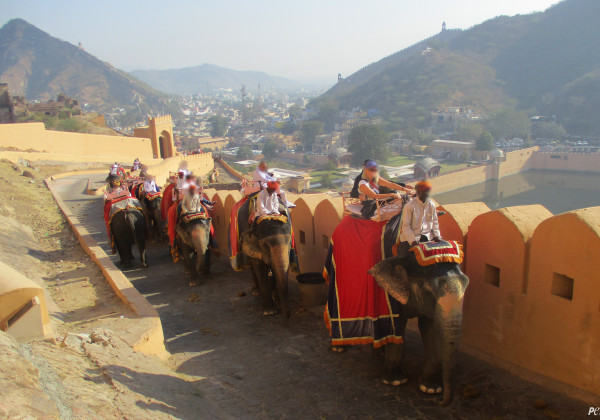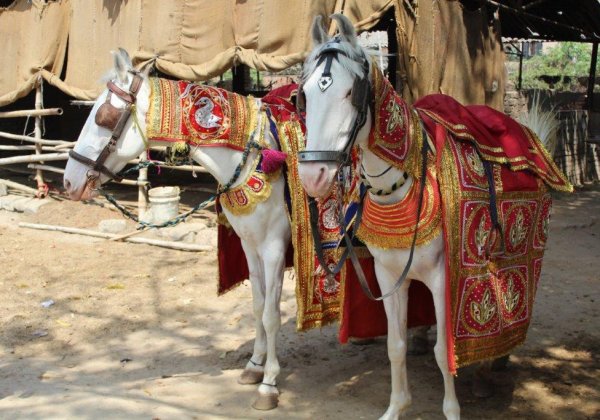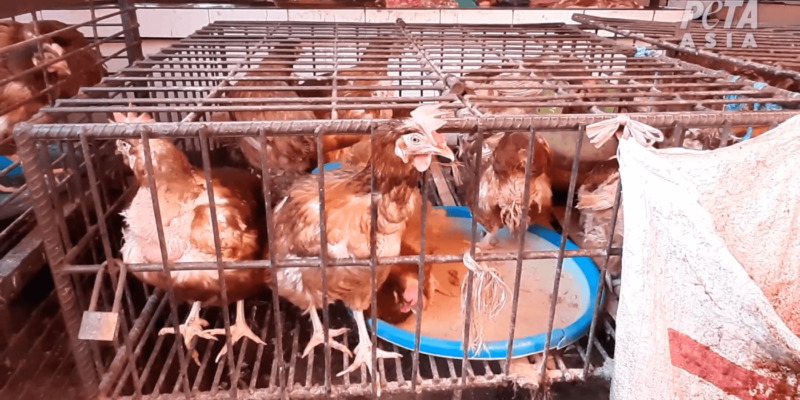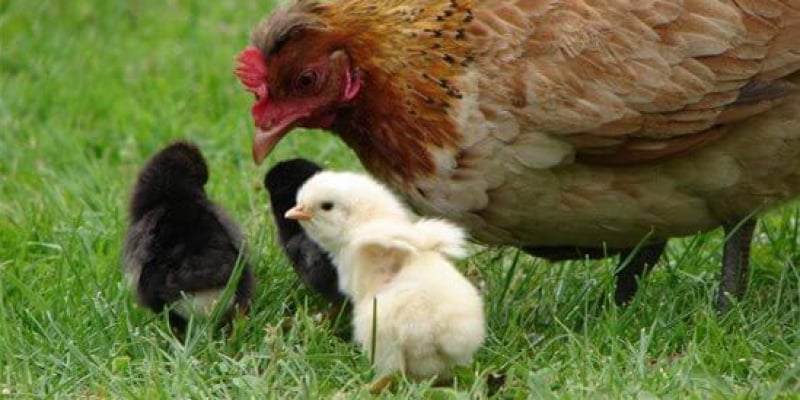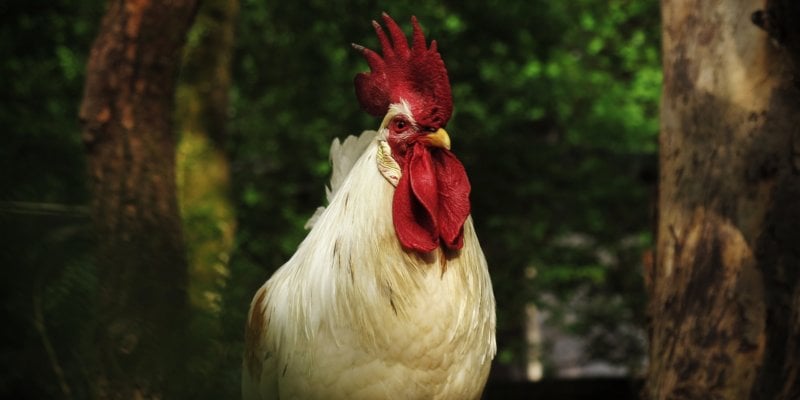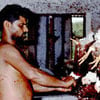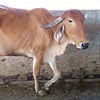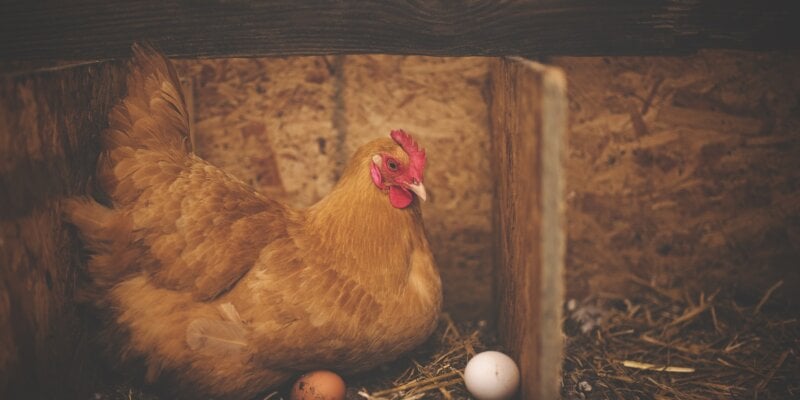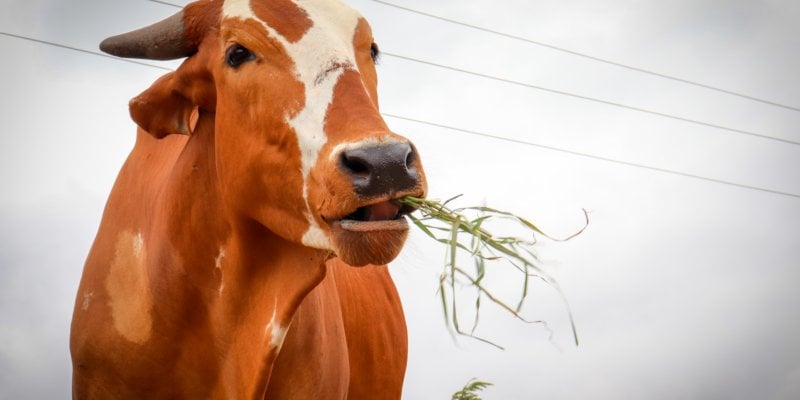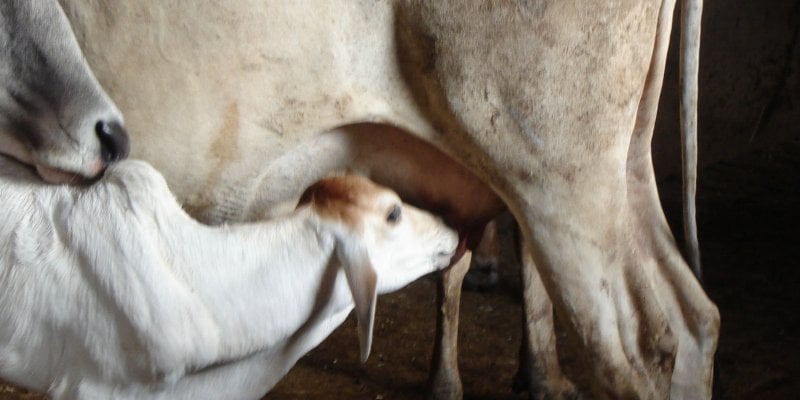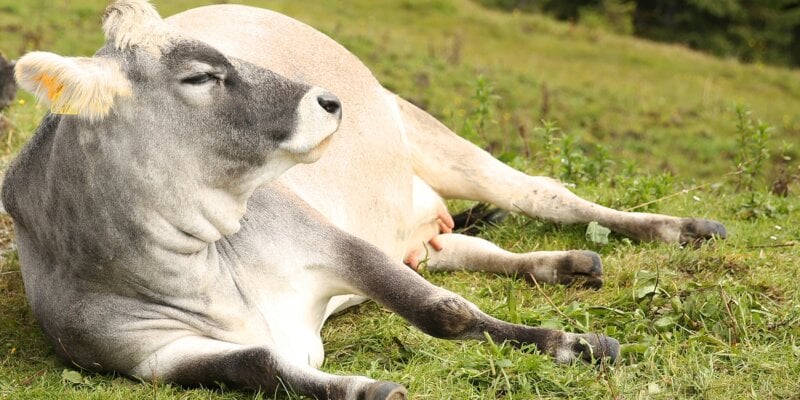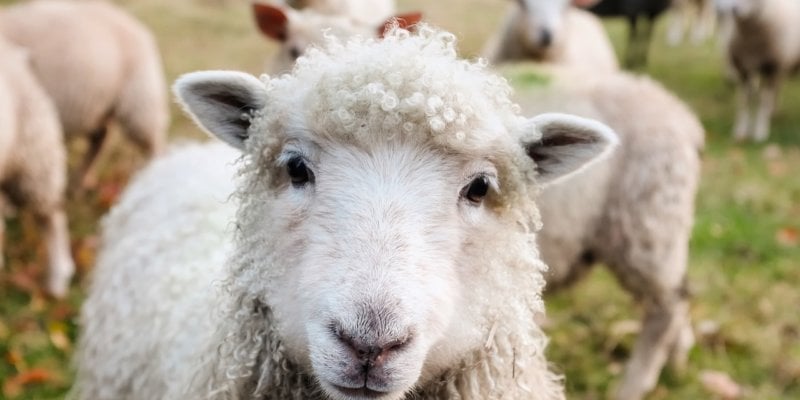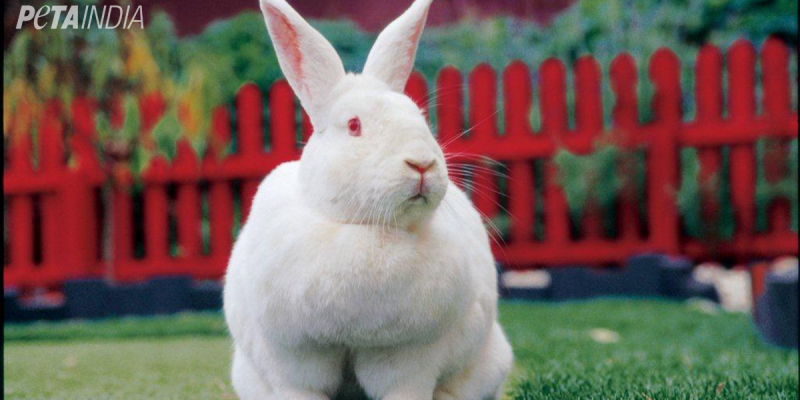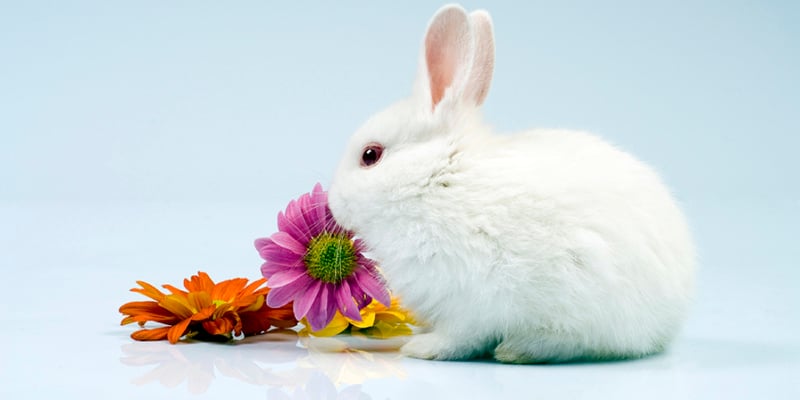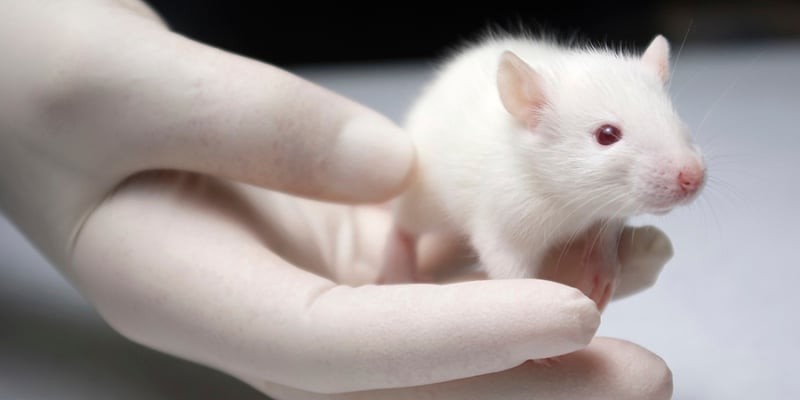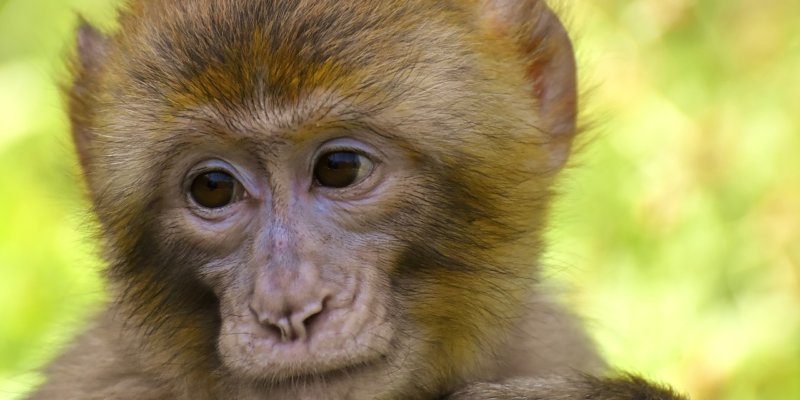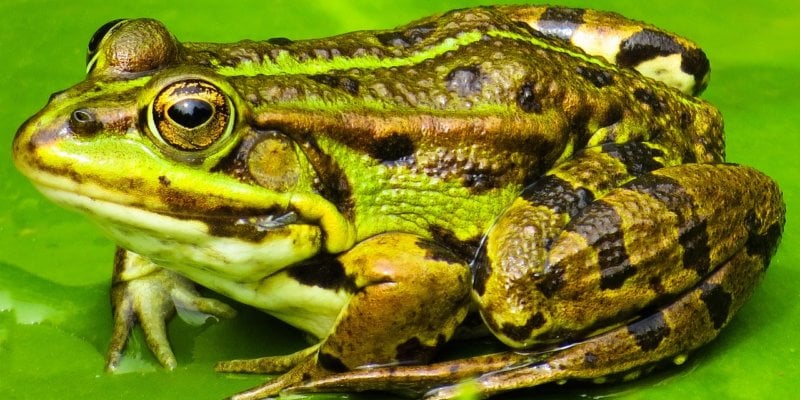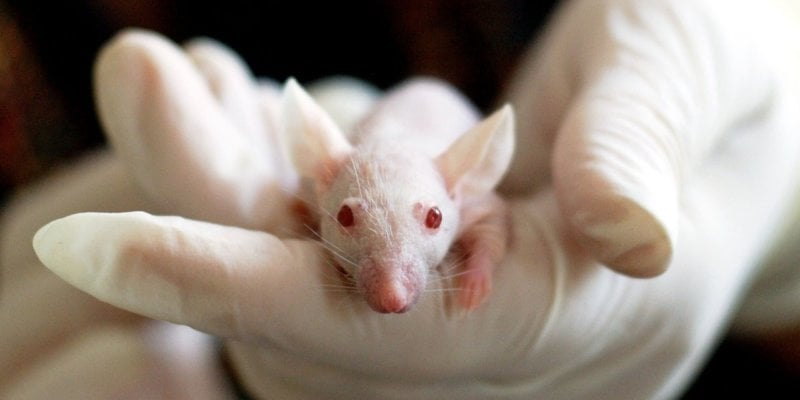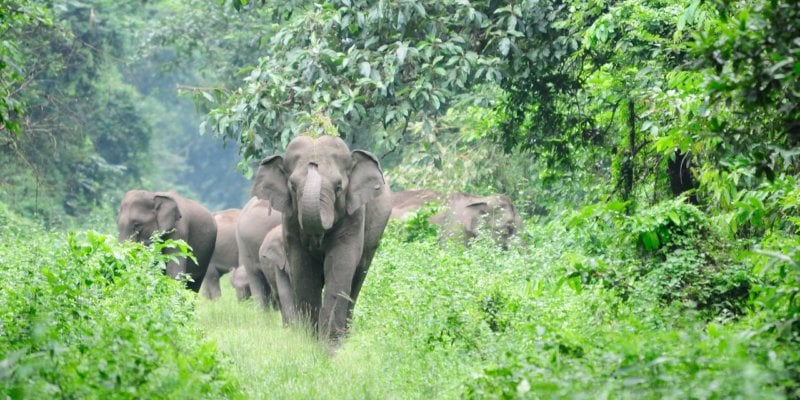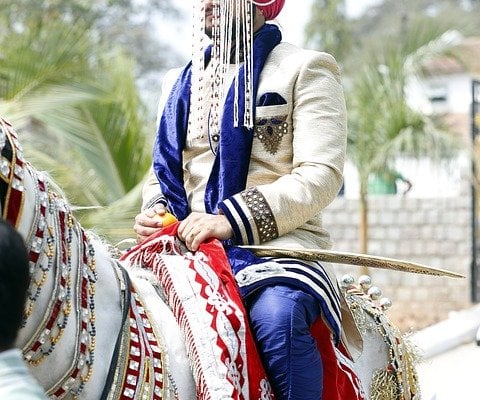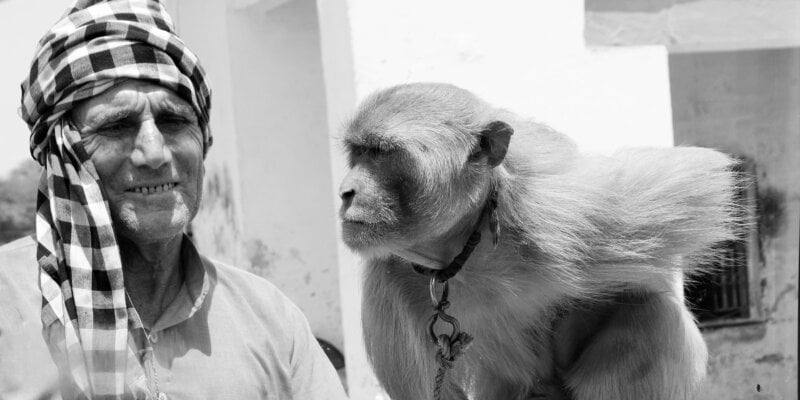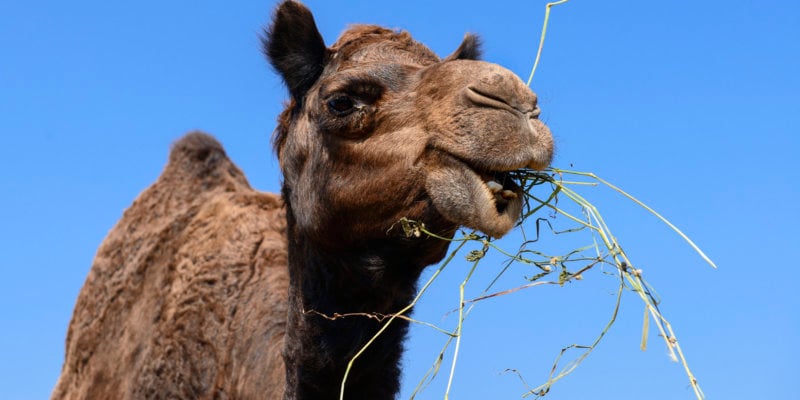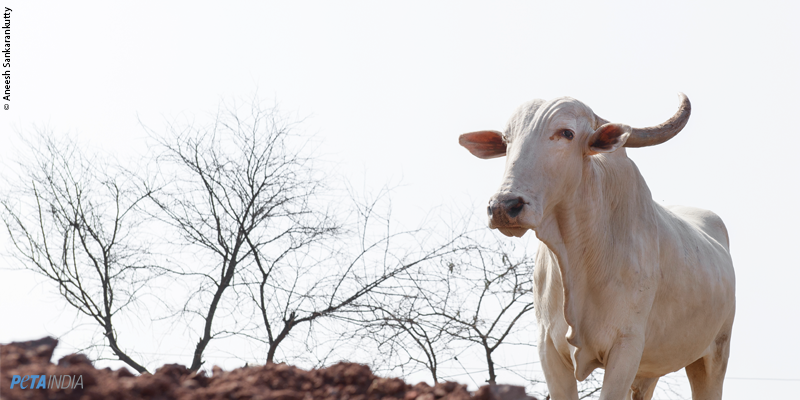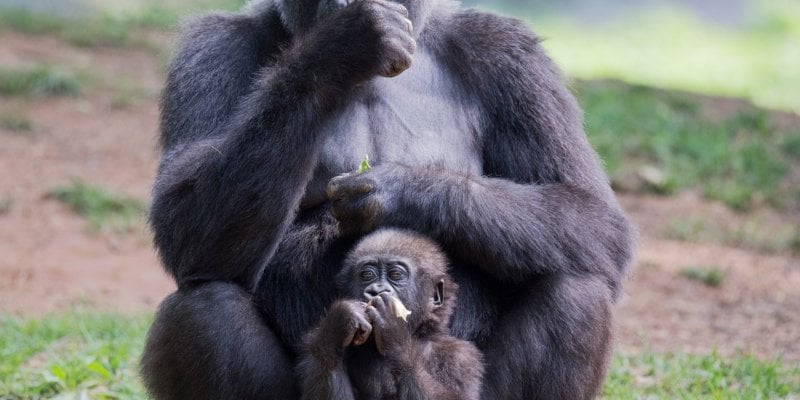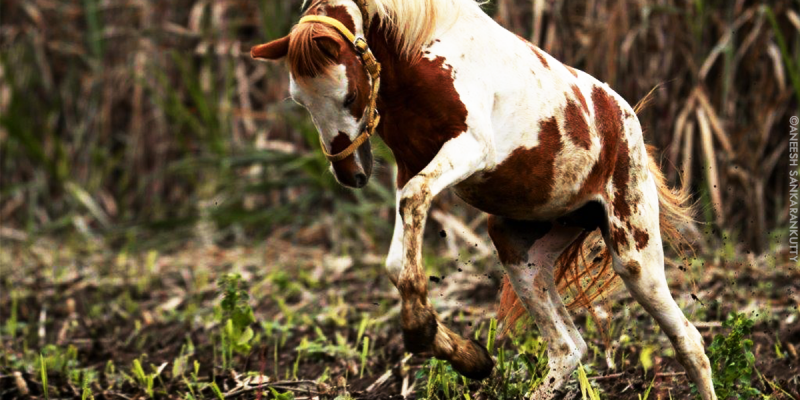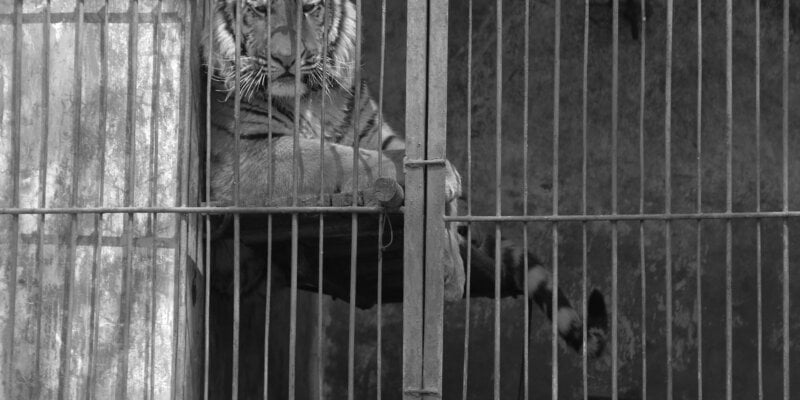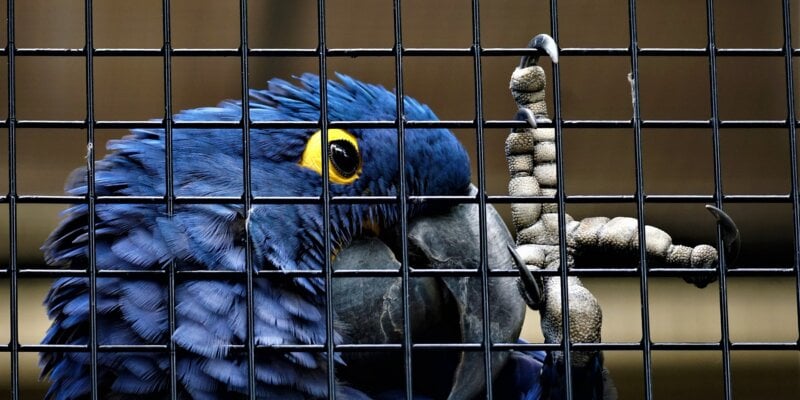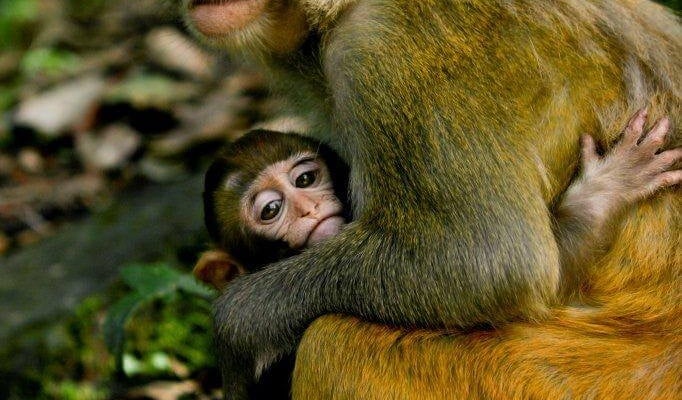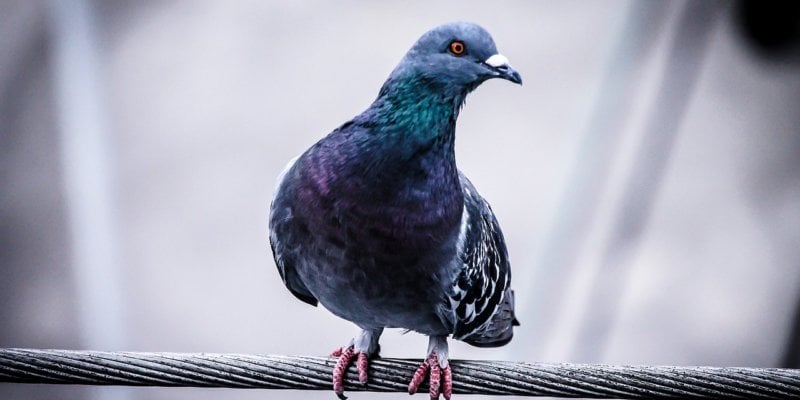What’s Wrong With Riding Animals?
Travellers often visit India to appreciate our renowned wildlife, but many are horrified to learn that thousands of elephants in the country are held captive and kept in chains .
An inspection authorised by the Animal Welfare Board of India of elephants used for rides at Amber Fort near Jaipur, Rajasthan, revealed that emaciated elephants with painful foot problems were forced to give rides, housed on concrete floors, and sometimes chained with spiked hobbles. Handlers even pierced some animals’ sensitive ears and drilled holes into their tusks, maiming them for life. The inspection also found that many owners had invalid ownership certificates, so their confinement and use of the animals were in apparent violation of Indian animal-protection laws. Visually impaired elephants and even those who tested reactive for tuberculosis were also used there.
Beaten and Battered
Trainers threaten elephants with heavy sticks or other weapons to keep them afraid and compliant. One tourist visiting Amber Fort filed an official cruelty complaint after witnessing handlers assault an elephant for 10 minutes.
Flouting the Law
Even though The Wildlife (Protection) Act, 1972, prohibits the capture of elephants, these sacred animals are torn away from their families in nature, beaten into submission, and made to carry tourists against their will. Elephants are highly social animals who, in nature, spend their entire lives with their families. They walk up to 50 kilometres per day to forage for food, work together to solve problems, and rely on the wisdom, judgement, and experience of their eldest relatives.
What You Can Do
Camel Joy Rides
Camels are often taken out of their desert homes, beaten, and forced to pull carts and carry people for entertainment. Ride operators often ignore the animals’ most basic needs. Camels are commonly housed with no shelter from the elements and not provided with adequate food. They’re forced to carry riders all day long in the blazing sun with few breaks for rest and water. Many become emaciated, exhausted, and ill.
These camels are also forced to wear heavy and ill-fitting saddles that can chafe and leave them with abrasions. Left untreated, the sores can grow progressively more painful and often develop into acute infections.
Horses Need Help, Too
During India’s wedding season, rented horses work nearly non-stop – from early morning until late at night – going from one ceremony to the next. In addition to being bombarded with noise from blasting trumpets, pounding drums, and exploding firecrackers, many horses endure painful barbed, spiked bits, which are used to keep them compliant. Although banned, such torture devices are widely used.
With the help of the Delhi Police, PETA India conducted an enforcement drive in which more than 50 spiked bits were confiscated.
Celebrate in Style
If you’re planning your special day, pledge to ride in an antique car, on a motorcycle, or in any other animal-free vehicle.



